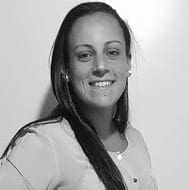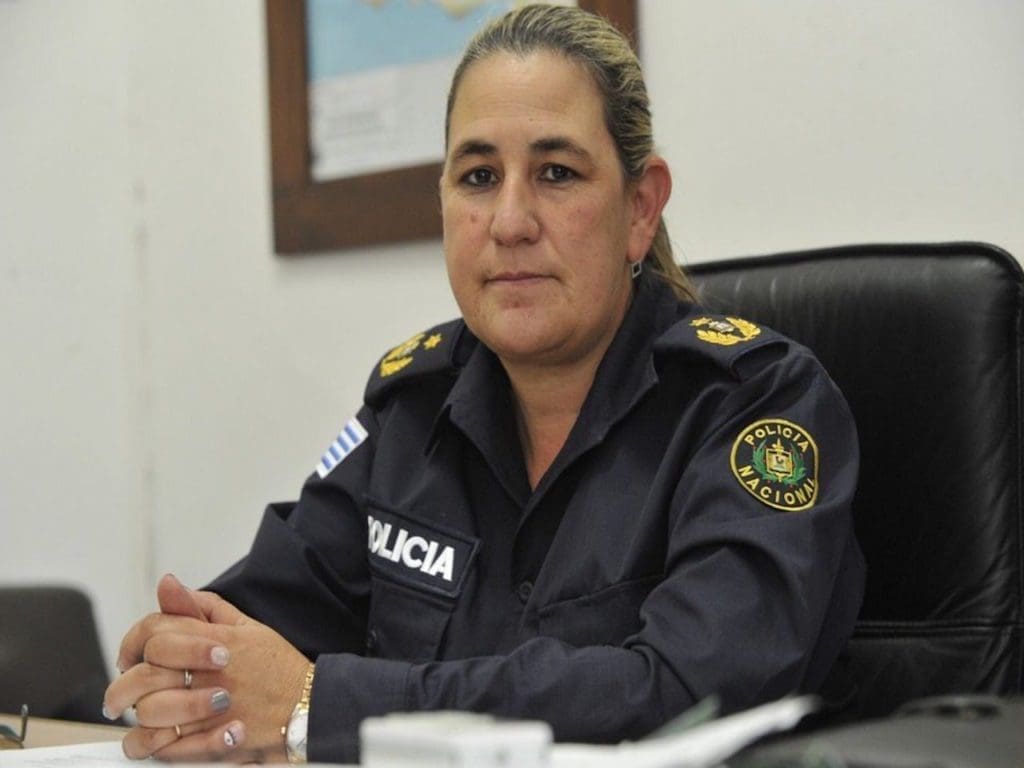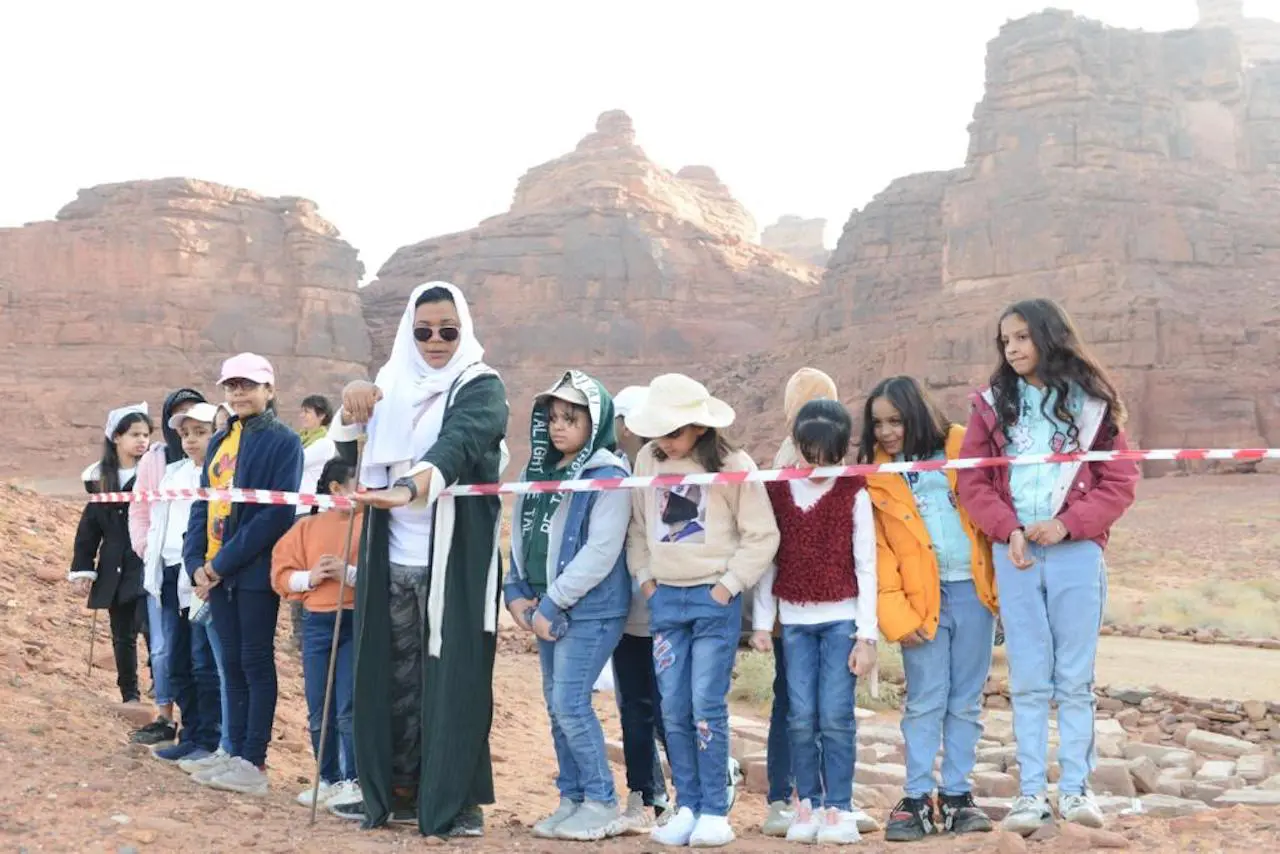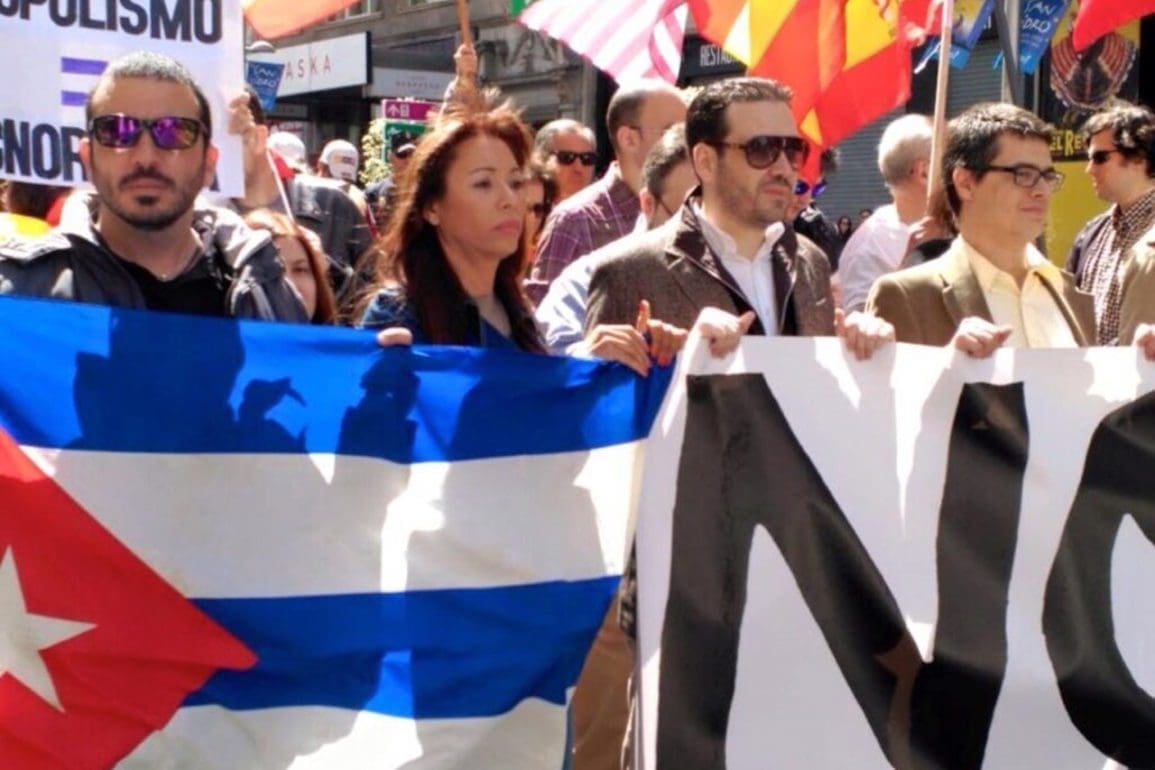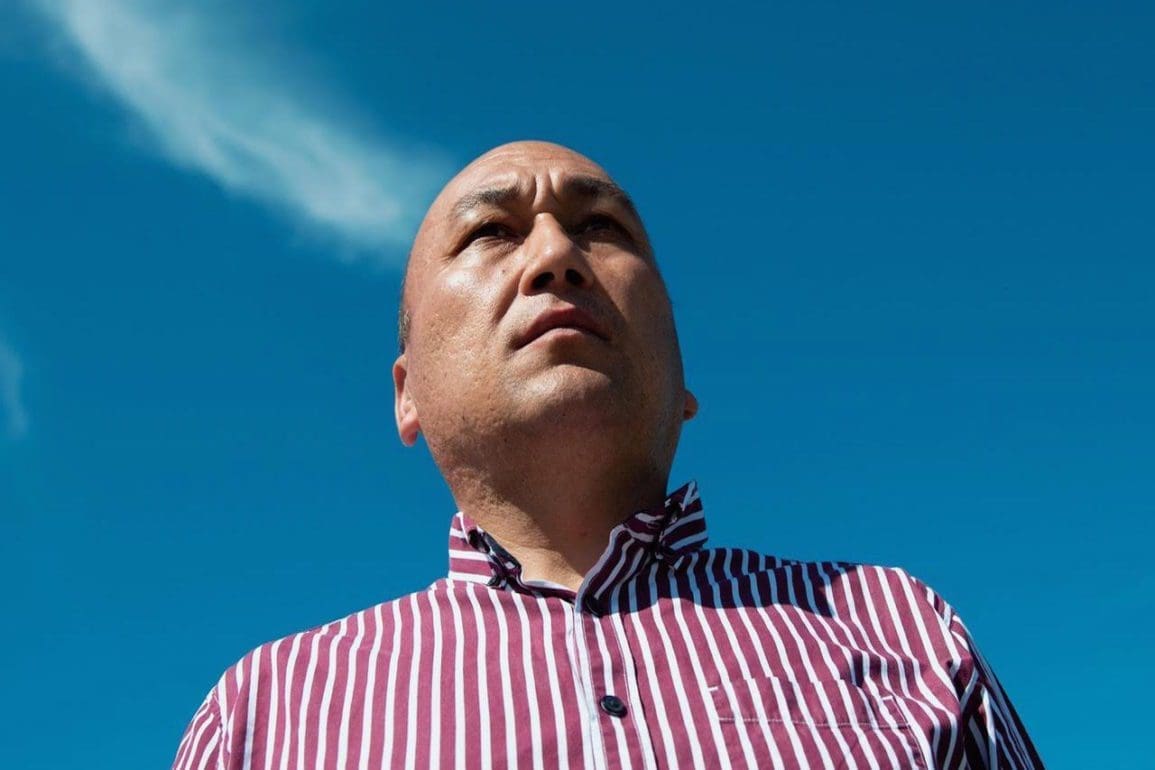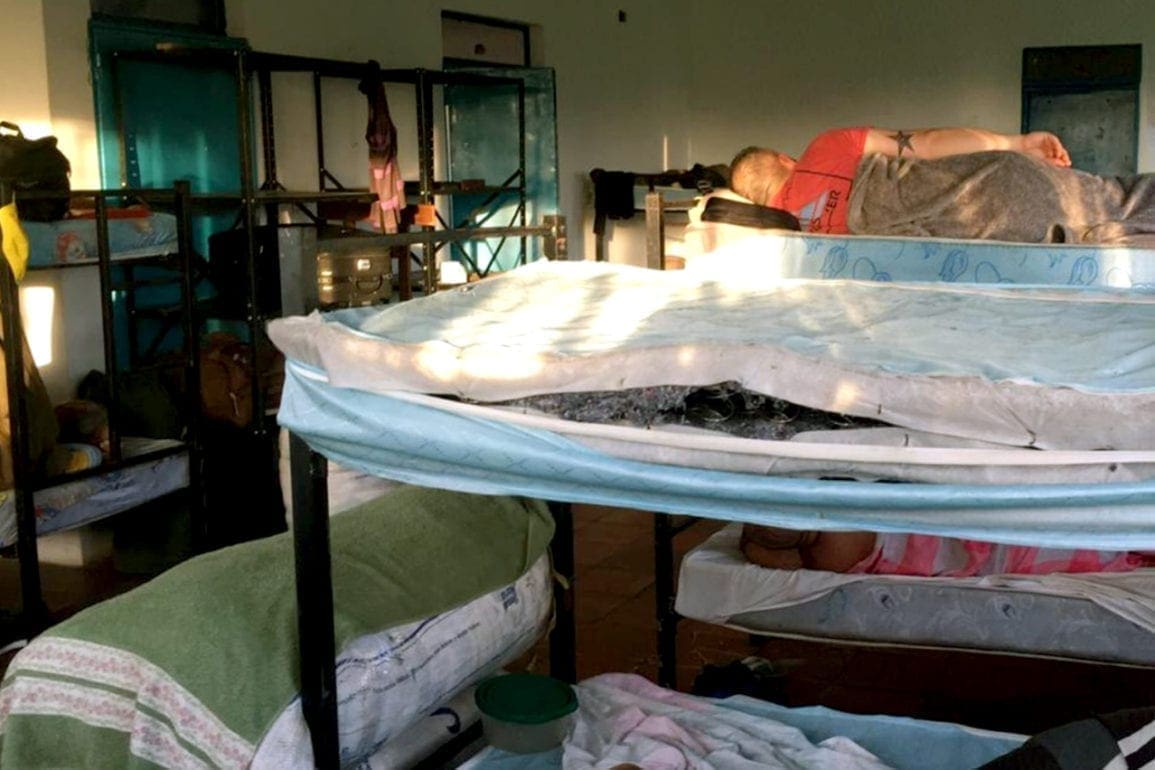First woman to assume a senior position in Uruguay’s police force
Gilma Vianna is the first woman to reach the position of Zone Manager in Uruguay. After a long career that has gone from working on soccer fields and tribunals to accompanying the former President, she managed to make her mark and become a trailblazer.
- 3 years ago
August 13, 2021
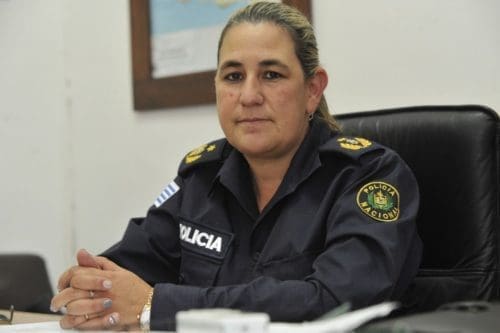
MONTEVIDEO, Uruguay — For 30 years, I woke up every morning to the beautiful responsibility of caring for the people of Montevideo as a police officer.
Now I am the first woman ever to be named as head of an Operational Zone in the capital city. This achievement took extraordinary effort and sacrifice.
In this ‘macho’ society where jobs are for men or for women, obtaining my post surprised even me, but I was ready for the challenge.
Breaking male stereotypes always has consequences, but my work is my passion. I would not change it for anything, despite the danger it invokes.
Breaking the gender barrier; facing discrimination
On April 20, 2021, I was the first woman appointed as Chief of a zone in Montevideo. Exhilaration arose inside of me and ran through every part of my body. When I recall that day, my heart beats more quickly.
I remember my hands sweating and my legs moving. I couldn’t calm the thoughts running through my head. Something told me, it would be difficult to fall asleep that night.
As they named me chief, memories of thirty years defending my nation crossed my mind.
There were many times in my career when I could have taken different positions, but I dreamed of something more. I studied and prepared a long time to achieve this appointment – which I thought was unattainable.
Women in my country are consistently discriminated against simply for being born with different genitals. The imposition of ‘machismo’ [strong or aggressive male pride] and patriarchy affect people.
For example, when there is a riot, people are bothered by the presence of the police, but it bothers them even more when those police officers are women.
I understand that while my job is to take care of the citizens of my city, I also have to represent the law and give orders. That is difficult for some people to take.
For several years, I spent afternoons controlling the stands of the Centenario Stadium. I made sure that the fans of Peñarol and Nacional [the two most popular football clubs in Uruguay] were orderly.
They didn’t take the police presence well, and it was worse for me [than for my male colleagues] because of my gender. More than once, I felt the violence up close.
It was common on match days for me to experience sexist insults, spitting, and even death threats. Over time, I learned to ignore the misogynistic comments.
More than once, I trembled from helplessness. I could do nothing against so much misogyny and ‘machismo.’
Thankfully today, things are getting better.
From training to leadership, and earning the respect of men
When I began my studies with the police force in 1995, I was only one of four women among 60 men who graduated.
The road to graduation was very rough. Many people resented the participation of women in the police force. In training, they made us feel it.
With effort and sacrifice, I imposed myself on every one of the physical tests I was subjected to. Quickly, but with a lot of work, I began to be placed in charge of people.
I spent four years as an instructor/ officer in the 6th and 7th sections of the National Police Education Directorate. Then, I went through the 1st section, and I was in the Special Prevention Group for one year. At that point, I was in charge of 352 police officers.
At first, leading teams was difficult. Many men refused to take orders from a woman. With determination, patience, and character, I earned their respect, and together, we formed excellent teams.
I love my profession; I love the streets and being able to take care of people. It has been the key to my success.
I think the world is moving towards equality and the police force echoes this change. More and more women are interested in being part of the security of the country.
To women: never take no for an answer
In 2009, I went from street patrol to walking the corridors of the Legislative Palace. After so many years of work, and loving what I do, I was appointed as the second Head of Security in Parliament. Six years later, I achieved the same position but on presidential security.
In this new position, I was proud to travel with our then-president Tabaré Vázquez. I traveled the country with him and the security forces.
Being the first woman Operational Zone Chief makes me feel empowered. Years ago, it was unthinkable that a woman could achieve this job.
At forty-seven years old, I can look in the mirror and feel proud of all that I have accomplished and of the barriers that I have broken.
My responsibility to the people remains a daily commitment. I am immensely grateful that these 30 years have not been in vain.
I want my story to serve as an example for other women worldwide to be encouraged to tackle the unknown and to never take no for an answer.
